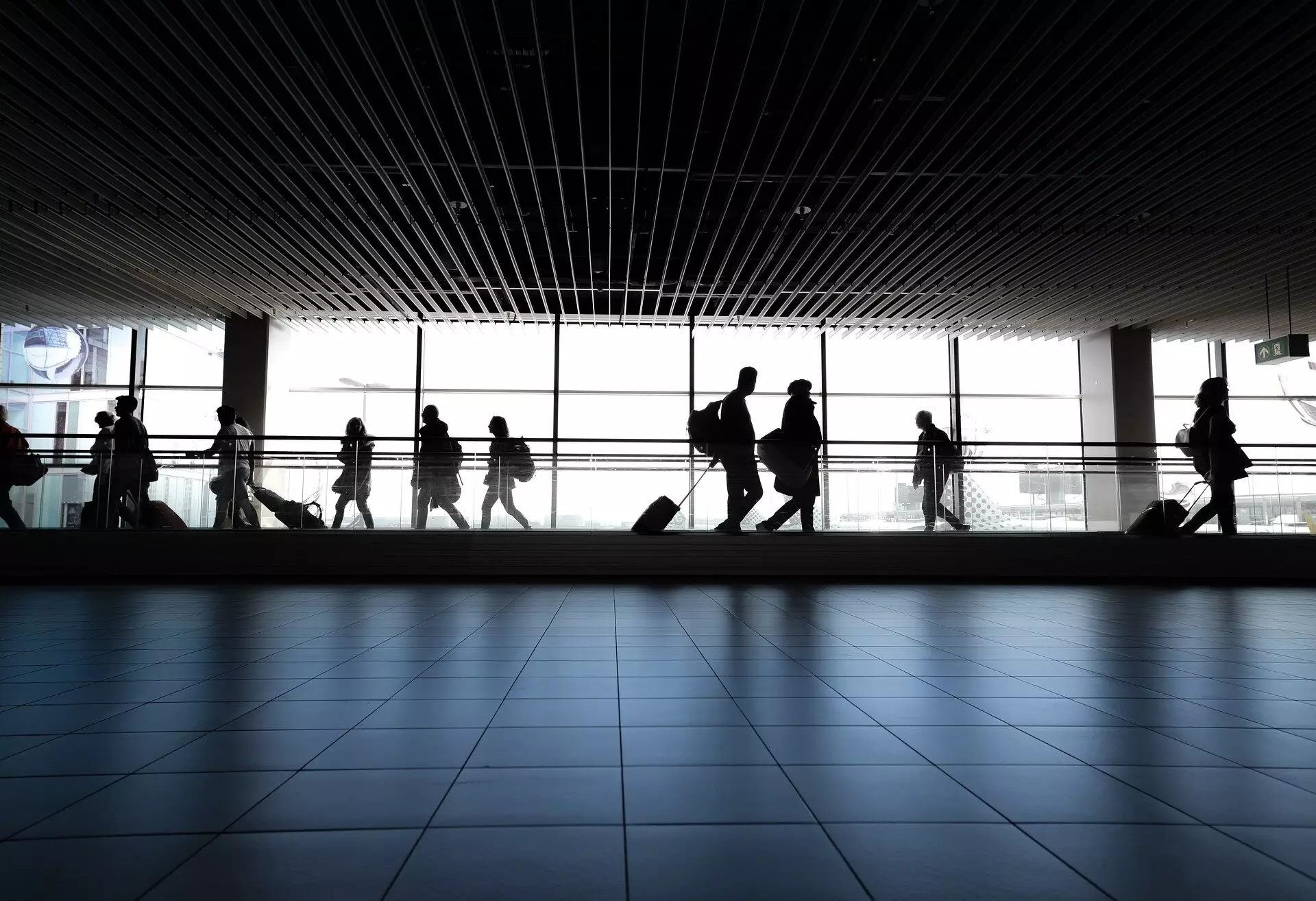Manchester Airport, the third-busiest in Britain, was thrown into disarray on Sunday as over 100 flights were cancelled, leaving thousands of passengers stranded. The cancellations impacted at least 20 percent of all outgoing and incoming flights, causing chaos and frustration among travelers. According to a spokesperson for the airport, further disruption was expected as the day unfolded.
Aviation analytics firm Cirium reported that 66 departures and 50 inbound flights were cancelled, with easyJet bearing the brunt of the disruptions. In addition to Manchester Airport, London Stansted and the East Midlands airports were also affected due to the power cut in the area. Passengers were advised to stay away from the airport, compounding the already dire situation.
Chris Woodroofe, the airport managing director, highlighted the problems that arose with the airport’s security and baggage systems as a result of the power cut. This issue further exacerbated the delays and added to the frustration of passengers. The inability to load bags onto planes contributed to the logistical nightmare that unfolded at Manchester Airport on that fateful Sunday.
Passengers described scenes of “chaos” as they navigated through very long queues for security checks and baggage drop-off. Some flights were diverted to other airports, causing additional stress for travelers. The delays forced some passengers to wait for hours for their bags and others found themselves stuck on planes, unable to disembark.
The incident at Manchester Airport is just one in a series of technical and strike disruptions that have plagued the UK travel industry in recent years. From nationwide immigration e-gate outages to air traffic control faults, passengers have had to endure a myriad of challenges while traveling. The unreliability of the transportation infrastructure has left travelers feeling frustrated and inconvenienced.
The chaos that unfolded at Manchester Airport on that Sunday serves as a stark reminder of the vulnerabilities of the travel industry. The power cut and subsequent flight cancellations have exposed the need for better contingency plans and improved infrastructure to prevent such incidents from disrupting the travel plans of thousands of passengers. As the industry grapples with ongoing challenges, it is clear that more must be done to ensure the smooth and efficient operation of airports across the UK.


Leave a Reply